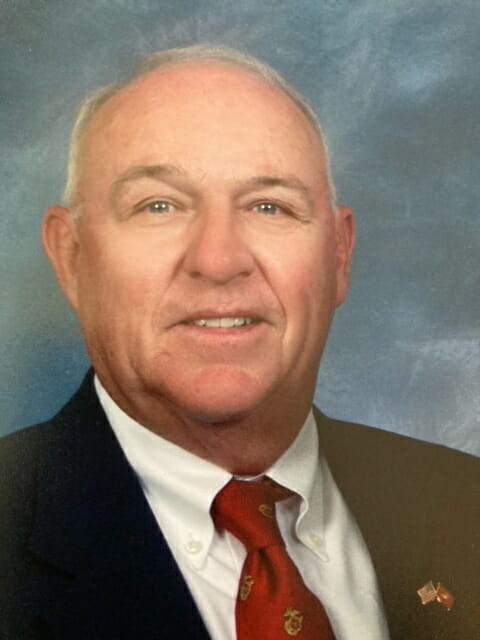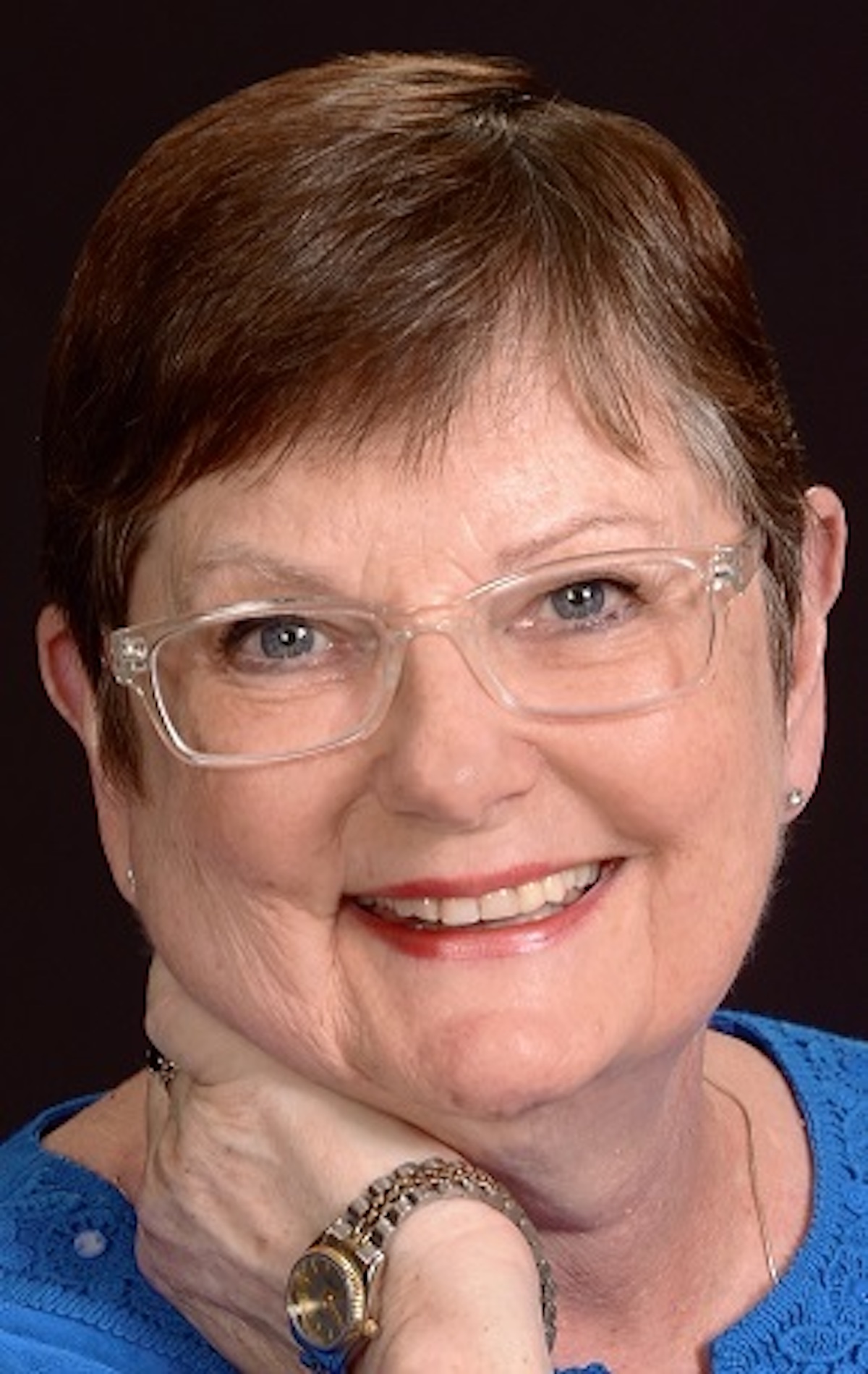By George O’Kelley
Beaufort City Council is revisiting the parallel road idea to help divert traffic from Boundary Street. Questions arise. The amount of property that would be condemned would be in the tens of millions.
You cannot just build a road. Owners must be paid appraised value. The loss of businesses would cut a big chunk of taxes out of the budget. Has Riverview Baptist Church agreed to relocate? Have the business owners and residents of Carolina Cove agreed to give up their premises?
How much would that “taking” cost? Where does that money come from? From the taxpayers.
As a parallel road idea was first proposed by the Lawrence Group, advanced by a former city manager,
a parallel road from the Technical College of the Lowcountry to Boundary Street was considered, as well. Council wisely rejected both. The present council should also reject the property and easement acquisition initiation slated for 2024. Such a road would do little to cure perceived problems. And will prove quite costly and disruptive in the process.
Next, we are told council is initiating additions, improvements to Washington Street Park. When I was first on council in 1979, we were told by the then-city attorney that Beaufort owned the Washington Street Park. In ensuing years when we were going to install restrooms, a group of citizens stepped forward to say the park was privately owned.
There was not a satisfactory answer provided as to how this difference occurred. If the City does not own the park, how can taxpayer money be spent? The City has maintained it for years. If there is some other agreement about ownership, where is it and what does it allow?
Finally, to eliminate the dedicated Historic Beaufort Foundation representative from the Historic District Review Board is misguided.
The Chamber’s interest in serving on the Historic Review Board would serve what end? One would think the Beaufort Chamber of Commerce would be very capable of forwarding its own initiative as a stand alone entity. However, if the request from the Chamber were granted, would not that be a special designation with a business perspective? A review of city boards shows several areas where one must be an architect, a professional landscaper, etc. The Historic Beaufort Foundation Representative has his/her own area of expertise. Removal of the HBF rep is shortsighted in light of what HBF has and will continue to contribute.
When we first moved here in 1970, the Lafayette Building (now known as the Verdier House) was occupied by several businesses and was in disrepair. The HBF played the primary role in spearheading its restoration, achieving its listing on the National Register of Historic Places in 1971, Beaufort’s first house museum.
It cannot It be understated the role the Historic Beaufort Foundation has played over the years in promoting as well as safeguarding the jewel of our historic district, achieving the official designation of a Historic Landmark District. None of its efforts were for personal gain. That is a significant distinction.
As Lolita Huckaby said, “if it ain’t broke don’t fix it.”
An attorney and former municipal judge, George O’Kelley has lived in Beaufort since 1970 and served three nonconsecutive terms on City Council, finishing a term as Mayor. He is a graduate of The Citadel.







